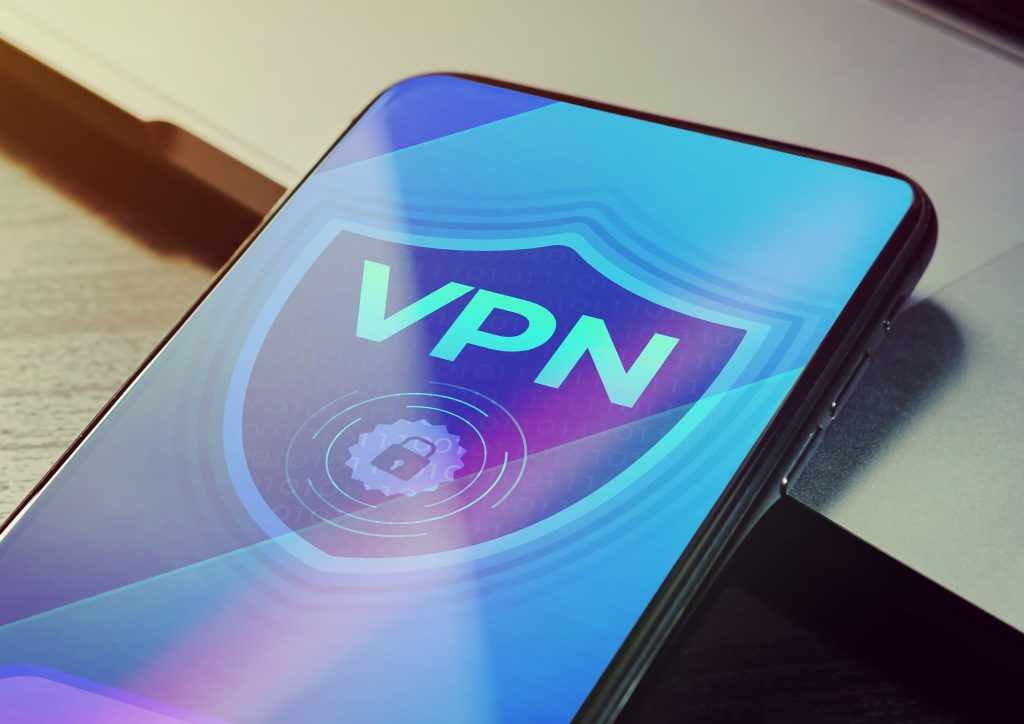
Records of an average person’s browsing history may not be worth much, but when you add every citizen of the U.S. to the equation, the value becomes millions of dollars.
ISPs want your personal data so they can sell it to the highest bidder or find ways to upsell you. Advertisers and titans of Web search want to track your online activity so they can display products you’re most likely to be interested in. Finally, governments want access to your online activities, in case they find a reason to monitor them.
These players are becoming a bigger threat to your online privacy by the day, and it’s about time you stood up to this menace. It starts by protecting yourself, namely with Tor, a VPN, or a proxy.
There’s no perfect solution, however, it should be said they’re not all in the same league either. So, let’s look at the pros and cons of each of these technologies.

Tor
What is it?
Known as “the onion router,” Tor is free software that allows you to join their anonymity service. Tor directs traffic through a network of thousands of relays run by volunteers around the world. It makes it very difficult if not impossible for someone to monitor your online activity, and also prevents site owners from seeing your true location.
Over the years, Tor Browser has become the main focus of the Tor Project. It integrates Tor’s technology with a Web browser, making it straightforward to use. Tor Browser requires no setup. However, it won’t hide your activities in other apps such as email, FTP, torrent client, etc.
Only accomplished tech aficionados should tackle their Expert Bundle which is the standalone flavor of Tor. It allows you to manually configure programs to work with it.
Pros
- Not only is Tor free software, but it’s also a free service which is amazing.
- Tor Browser is easy to use.
- Tor Expert bundle allows you to hide your IP address on apps beyond your web browser.
Cons
- In terms of speed, expect varying degrees of slow. Considering all your browsing data is bouncing around various relays worldwide, it’s understandable why. The other reason is advancements in the network and software are dependent on altruistic contributions, which are short in supply.
- Since launching in 2002 it has created a reputation for being a favored tool of cyber criminals, spammers, and dissidents. Attempts to hide yourself with it can backfire as Tor users are viewed with suspicion. It can be a red flag for services, businesses, or organizations that can detect its use.

VPN
What is it?
A VPN extends a private network across a public network. It acts as a fast, secure bridge between your computer and the internet, encrypting your data as you browse the web.
With a VPN enabled, websites you visit and prying eyes online can’t see your real IP address. Instead, they’ll see the IP associated with the VPN service. VPNs also allow you to bypass geographic restrictions by allowing you to assume an IP associated with a different country.
VPN access is a service, and just like internet access, you’ll be billed monthly to use it.
Pros
- Paid service so servers are robust, reliable, and fast.
- Quality VPN services have huge networks of servers located around the world.
- Used for professional applications by IT professionals. VPN users are generally granted more trust than Tor or proxy users.
- Services offer extensive software for use with any OS (desktop or mobile) and with any application.
Cons
- You need to subscribe to a service with an associated monthly fee.
- Some companies block their users from accessing services with a VPN.
- Premium VPNs are generally fast, but using a VPN might cause weaker performance in highly demanding applications such as online gaming.
View a comparison of top VPNs.
Proxy
What is it?
Before VPNs exploded in popularity, proxy servers, and web proxies were the go-to method for hiding your identity. Similar to a VPN a proxy is a gateway between your home network and a public network such as the Internet.
When viewing lists of proxy servers published online, you’ll come across three types: anonymous, elite, and transparent. Basically, the slower the proxy type, the more secure the connection. So transparent is the fastest, and the least secure. Anonymous is in the middle, and elite is the most secure. An elite proxy even tries to hide the fact you’re using a proxy, but it’s the slowest type.
Unlike VPNs which allow you to set up one centralized app that will anonymize all your activity no matter which application you’re using; proxies require extensive configuration. You’ll need to learn the the proxy options well in each app as you’ll likely need to change servers often in search of a solution with decent speeds.
Many companies see proxies as legacy technology and have removed its support from their software to focus on VPN features.
Pros
- Both free and paid proxies are available although most will want a VPN if they choose to pay.
- Free proxy lists are plentiful, many of which are checked continuously to ensure the list is fresh and that the proxies are indeed online.
Cons
- Free proxy servers are run by individuals, not companies that operate with at least some ethical standards.
- Free proxies are used and abused by spammers and malicious users so you may find the proxy server IP is banned by the site you wish to use.
- Each app is configured separately with proxies. This can be time-consuming and frustrating due to the likely need to change your proxy server often.

The Final Verdict
Free proxies and Tor are fine for dabblers. However, if you wish to hide your identity on an ongoing basis, you’ll probably lose patience with the unreliability, slow speeds, or hoop-jumping (in the case of proxies) associated with these methods.
The top VPN services recommended here on LetMeBy are fast, trustworthy, and generally the best option for nearly everyone. The only downside is you’ll need to pay for it, but since most VPNs are so fairly priced, this isn’t much of a drawback.
—
Photo: Ed Ivanushkin
